A root canal can sound intimidating, but it’s a common dental procedure designed to save your tooth and relieve pain. If you’re in Colorado Springs, CO, and have just undergone this treatment or are considering it, understanding what comes next is crucial. Recovery doesn’t have to be daunting; with the right knowledge, you can navigate each step with ease. From managing discomfort to ensuring proper healing, we’ve got a comprehensive day-by-day guide that will take you through the recovery process smoothly. Let’s dive into what you can expect after your root canal!
The Purpose of a Root Canal in Colorado Springs, CO
A root canal serves a vital role in dental health. It’s designed to treat infection or damage within the tooth's pulp, which is the innermost part containing nerves and blood vessels.
When decay reaches this sensitive area, pain often follows. A root canal can alleviate that discomfort while saving your natural tooth from extraction.
For residents of Colorado Springs, CO, preserving teeth is essential for maintaining good oral health and function. The procedure not only relieves symptoms but also prevents further complications that could arise from untreated infections.
After a successful root canal treatment, you can enjoy activities like eating your favorite foods without fear of pain or sensitivity. This restoration brings peace of mind and allows for better overall well-being as you protect your smile for years to come.
What Happens During a Root Canal?
During a root canal, your dentist focuses on saving an infected tooth. First, they numb the area to ensure comfort. This step is crucial as it minimizes any pain during the procedure.
Next, they create a small opening in the crown of the tooth. Through this access point, dentists can reach the pulp chamber and root canals filled with infected tissue.
Using specialized tools, they carefully remove the damaged pulp. After cleaning and disinfecting these spaces, they are filled with biocompatible material to seal off any future complications.
Once sealed, your dentist may place a temporary filling or crown to protect the tooth until further restoration is completed. Though it's common to feel some anxiety about this process, many patients find relief once it’s over—often noting that they avoided more serious problems down the line by addressing their dental issues early on.
Post-Procedure Care
After a root canal, proper post-procedure care is crucial for a smooth recovery. Start by carefully following your dentist's instructions. They may prescribe medication to manage pain or prevent infection.
Rest is essential during the first few days after the procedure. Allow your body time to heal. Consider taking it easy and avoiding strenuous activities.
Maintain excellent oral hygiene, but be gentle around the treated area. Brush and floss as usual, but take care not to irritate any sensitive spots.
Watch what you eat in the initial days too. Stick with soft foods that require minimal chewing, like yogurt or applesauce. Avoid anything overly hot or cold until sensitivity decreases.
Don’t hesitate to reach out to your dental professional if you notice unusual symptoms like excessive swelling or persistent pain beyond what’s expected. Your comfort should always come first!
Day-by-Day Recovery Guide:
A. Day 1: Immediately After the Procedure
After your root canal in Colorado Springs, CO, the first day can feel a bit overwhelming. You may experience numbness from the anesthesia. This is perfectly normal and will wear off within a few hours.
As you begin to regain sensation, some discomfort might set in. Don’t be alarmed; this is part of the healing process. Over-the-counter pain relievers can help manage any mild aches.
It's crucial to avoid chewing on the treated side until your dentist gives you the green light. Soft foods are your best bet for meals today. Think yogurt or mashed potatoes—gentle on your mouth and easy to consume.
Hydration matters too! Drink plenty of water, but steer clear of hot beverages for now, as they can irritate sensitive areas. Rest up; give yourself time to heal after this significant procedure!
B. Day 2-3: Managing Discomfort and Swelling
On days two and three after your root canal, some discomfort is normal. Swelling may also occur, making it crucial to manage both effectively.
Over-the-counter pain relievers like ibuprofen or acetaminophen can help ease any throbbing sensations. Always follow the dosage instructions on the package or those given by your dentist.
Applying a cold compress to the outside of your cheek for 15-20 minutes can reduce swelling. Just remember not to apply ice directly to your skin; wrap it in a cloth for protection.
Sticking to soft foods will make eating more comfortable. Think yogurt, mashed potatoes, and smoothies—anything that won’t irritate your treated tooth is ideal during this period.
Stay hydrated, but avoid hot beverages that could increase sensitivity. Keeping up with gentle oral hygiene routines is essential, too; just be careful around the treatment site as you brush. Call us to learn more.
C. Day 4-7: Healing and Avoiding Infection
During days four to seven, your body enters an important healing phase. Brushing and flossing should continue gently around the treated area. Maintaining good oral hygiene is crucial for recovery.
Swelling typically begins to diminish by this time. If you notice any unusual swelling or tenderness, contact your dentist promptly.
Pain levels usually decrease as well, but occasional discomfort may still occur. Over-the-counter pain relievers can help manage any lingering sensitivity.
Be mindful of what you eat; stick to soft foods that require minimal chewing. Avoid hot beverages or spicy foods that might irritate the treated area.
It's also essential to avoid strenuous activities or heavy lifting during this period. Your body needs rest to heal properly after a root canal in Colorado Springs, CO.
Keep an eye on the site for signs of infection like discharge or prolonged pain, and reach out if anything feels off.
Long-term Effects and Maintenance
After a root canal in Colorado Springs, CO, many patients wonder about long-term effects and maintenance. Understanding what to expect can help ensure lasting comfort and dental health.
- Most people enjoy a successful outcome from their procedure, with minimal complications. A well-performed root canal can save the tooth for years or even decades. However, regular check-ups are essential to monitor your oral health.
- Maintaining good oral hygiene is crucial post-treatment. Brushing twice daily and flossing regularly will help keep bacteria at bay. Your dentist may also recommend specific products tailored for sensitive teeth.
- Watch for any unusual symptoms like prolonged pain or swelling after your recovery period concludes. These could indicate underlying issues needing attention.
- Consider lifestyle factors such as diet and smoking habits that influence dental longevity. Making informed choices today leads to healthier teeth tomorrow.
Conclusion
A root canal is a significant dental procedure that many individuals in Colorado Springs, CO, may face. Understanding what to expect during recovery can help ease any anxiety you might have about the process.
Following your treatment, it's normal to experience some discomfort and swelling as your body begins to heal. Keeping track of how you're feeling each day will ensure you take the right steps toward recovery.
The key points are to manage any pain effectively, maintain good oral hygiene, and watch for signs of infection over the course of your healing period. As time goes on, you'll notice improvements in how you feel and function.
Long-term maintenance is crucial after a root canal. Regular check-ups with your dentist will help preserve both the tooth's integrity and your overall oral health.
With proper care and attention during recovery, chances are you'll soon return to enjoying life without dental pain or concern.
With over 30 years of experience offering exceptional dental services to our community, at Cheyenne Mountain Dental Group, we are still continuing our journey, under the leadership of Dr. Stephen Davis along with Dr. Bill Bertsch. For more details and appointments, call us at (719) 576-3276, book online, or visit us directly at 3605 Star Ranch Rd, Colorado Springs, CO 80906.


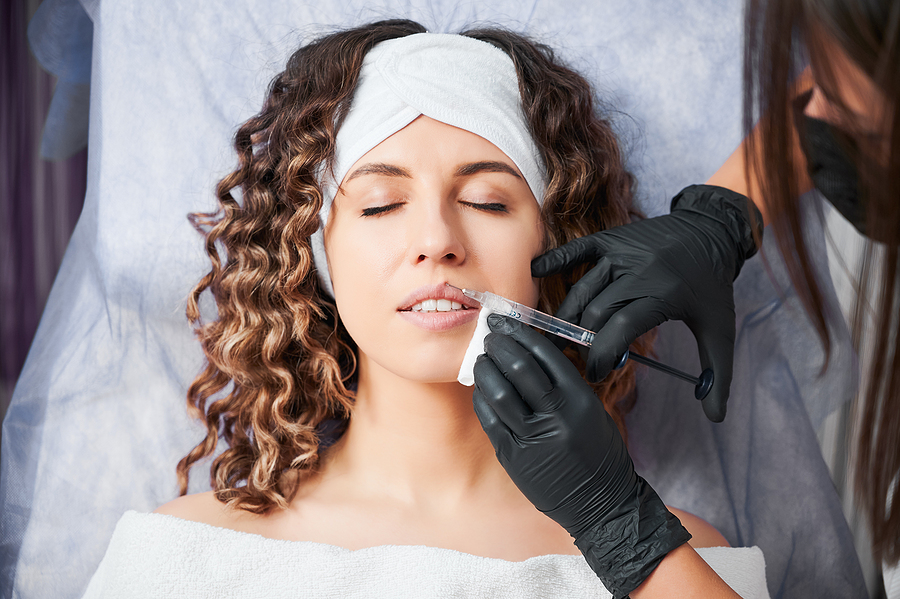
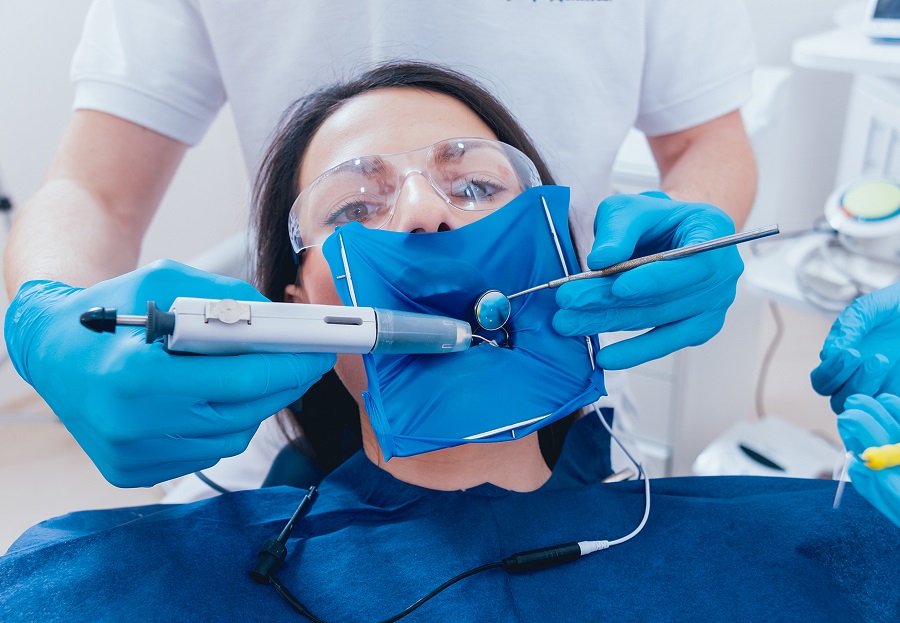



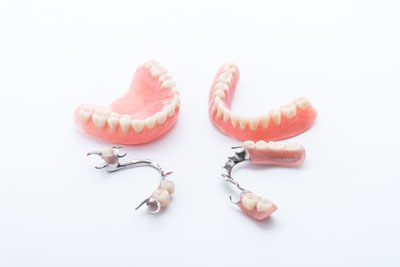

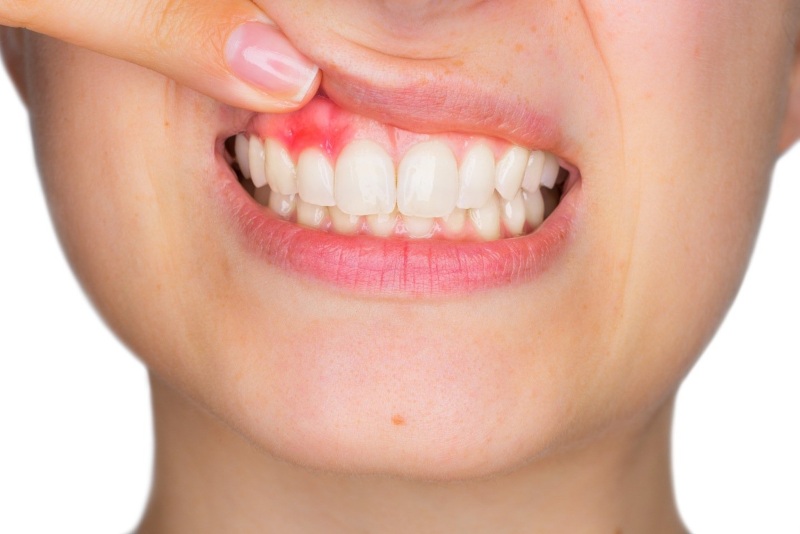
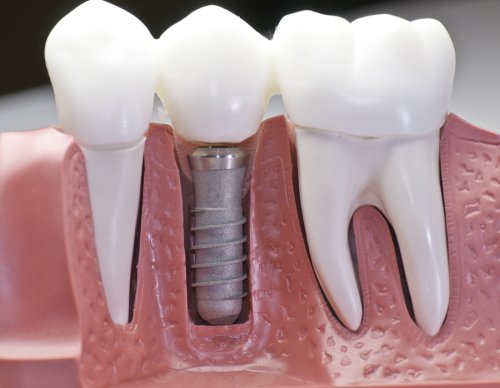
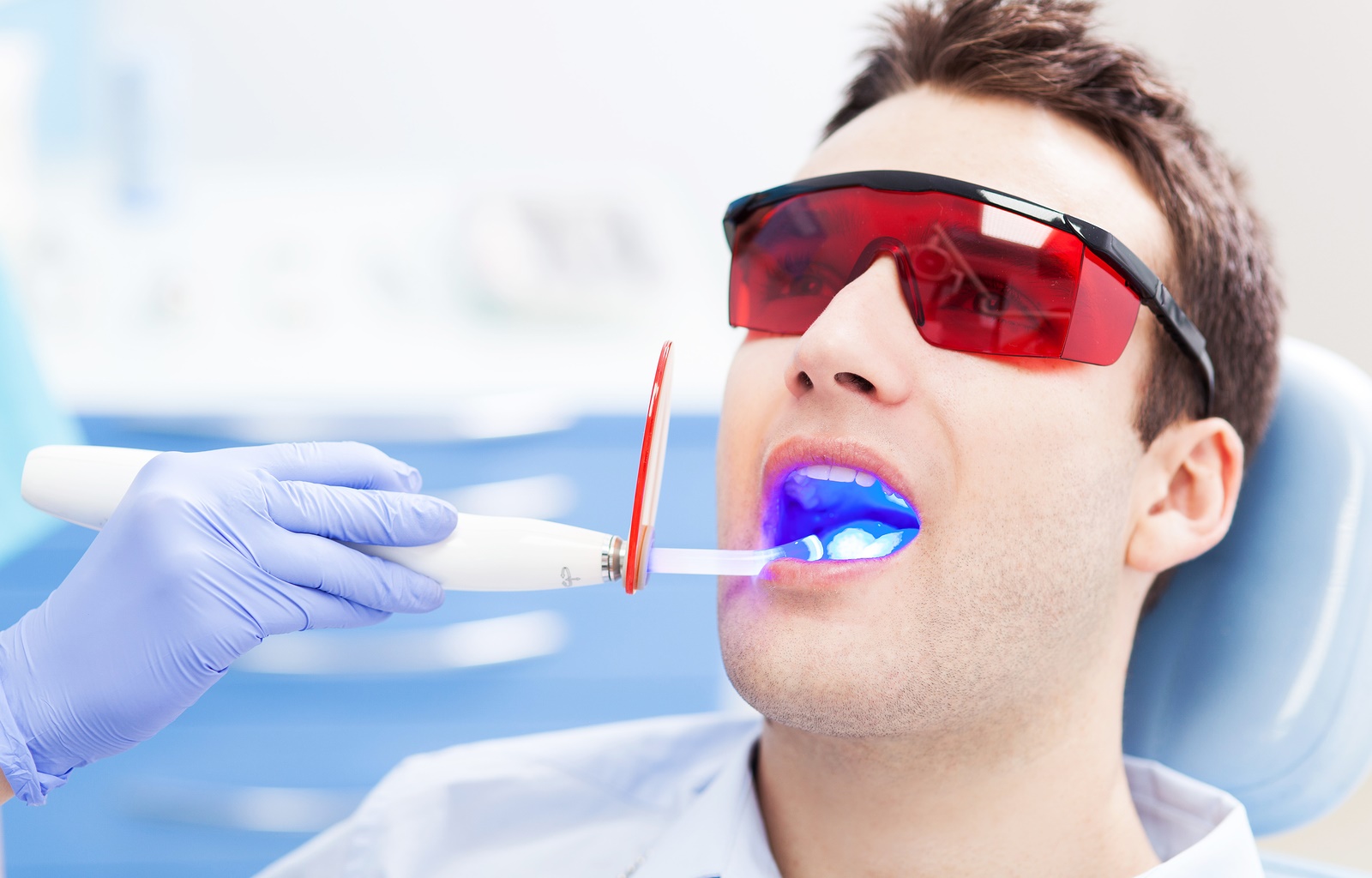
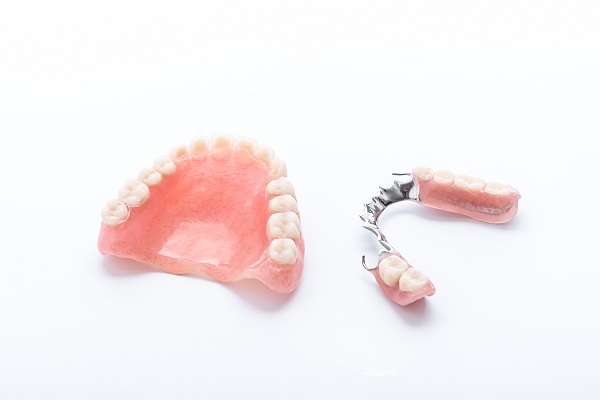
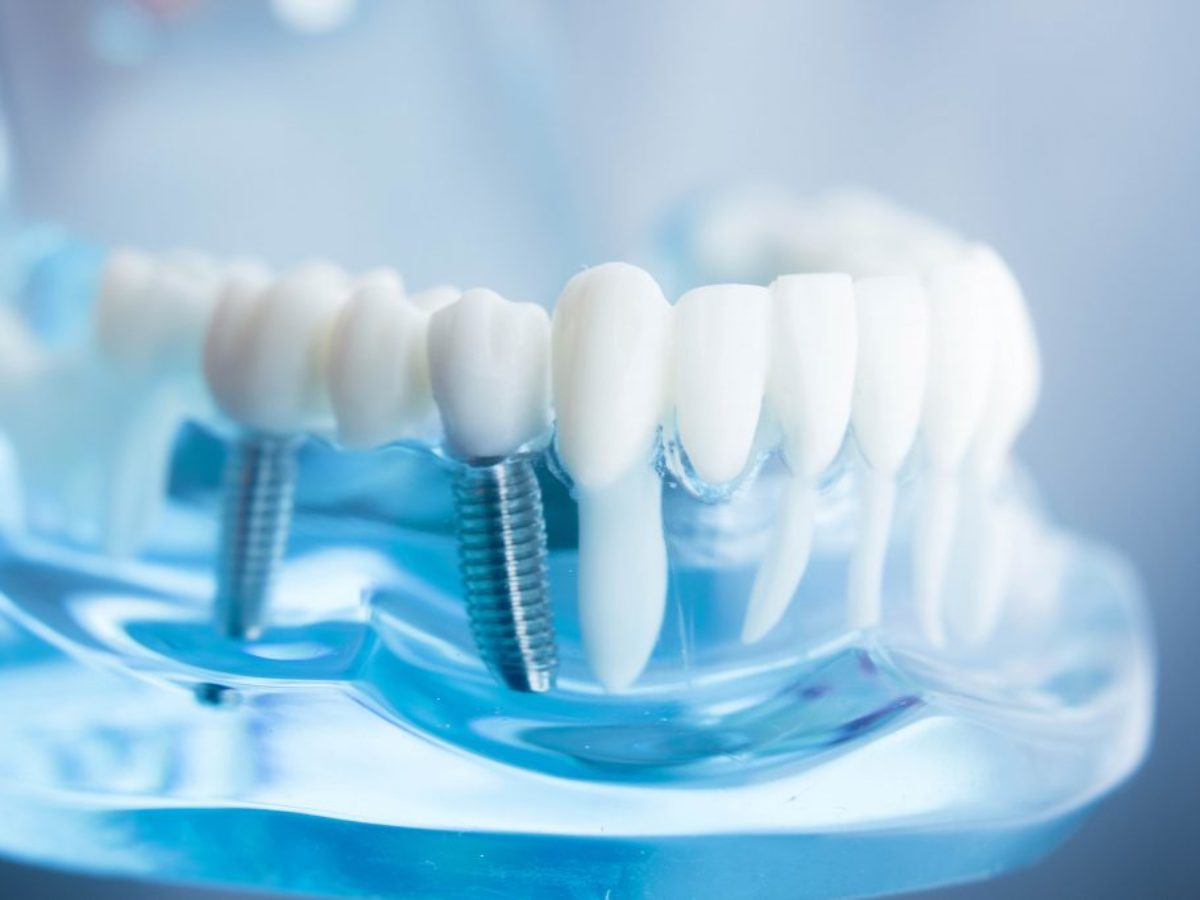
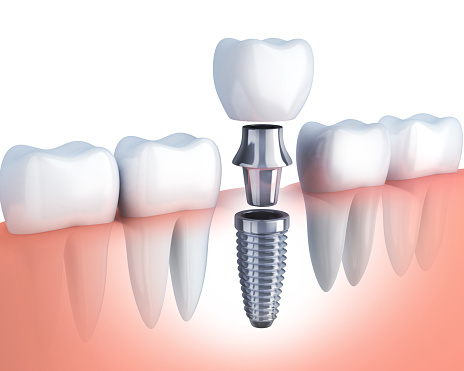
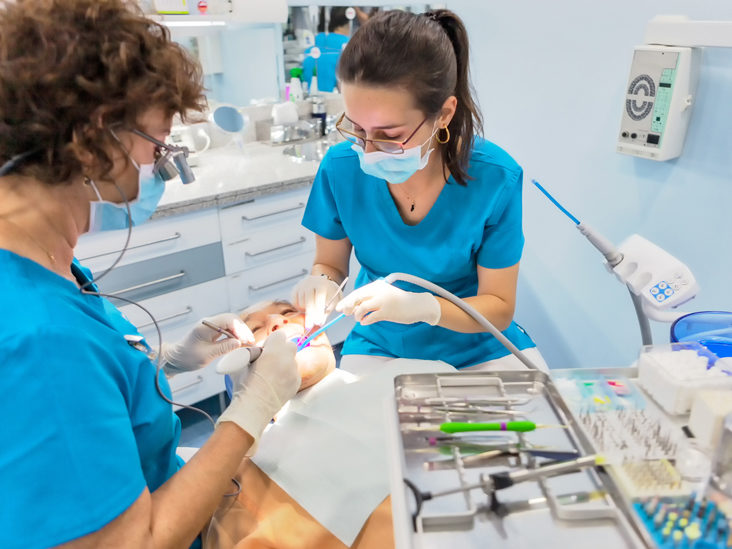
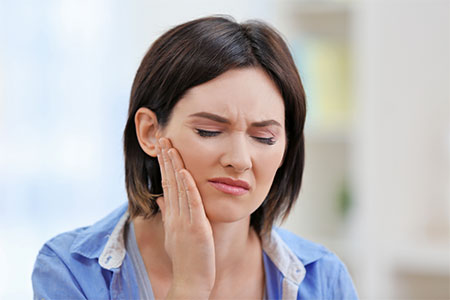
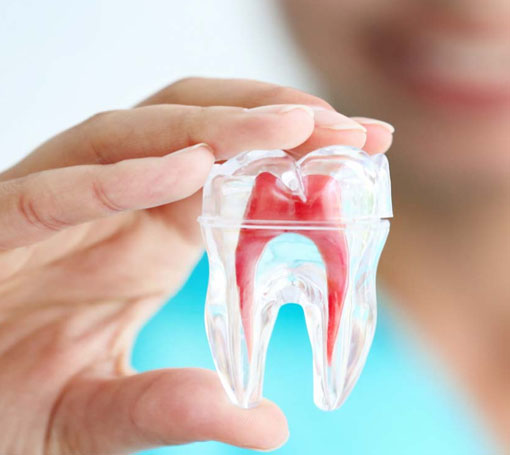
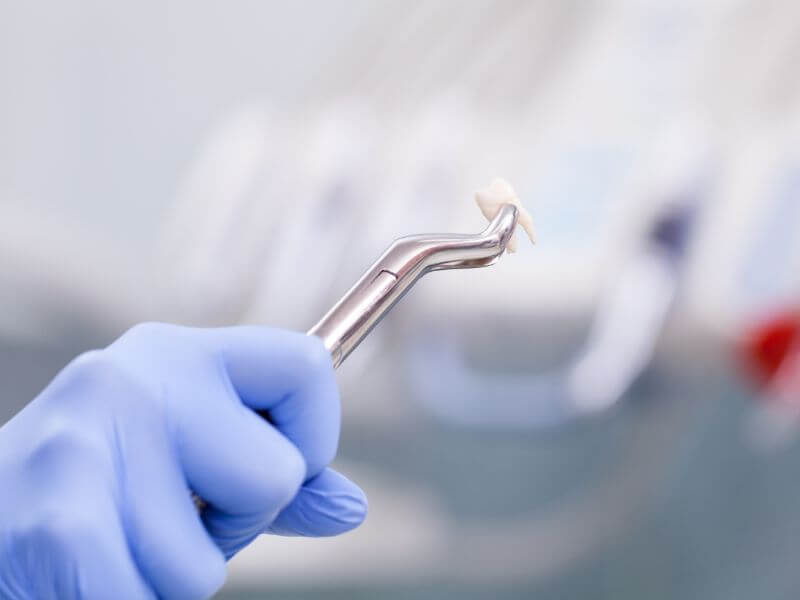
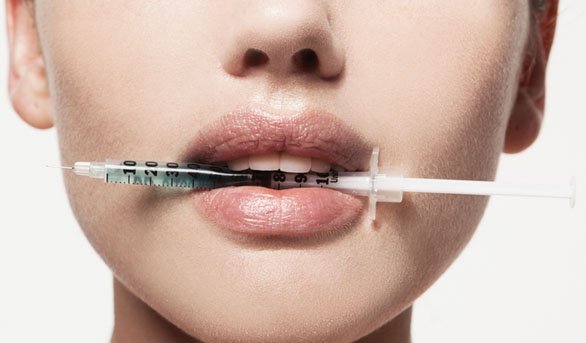


0 comments